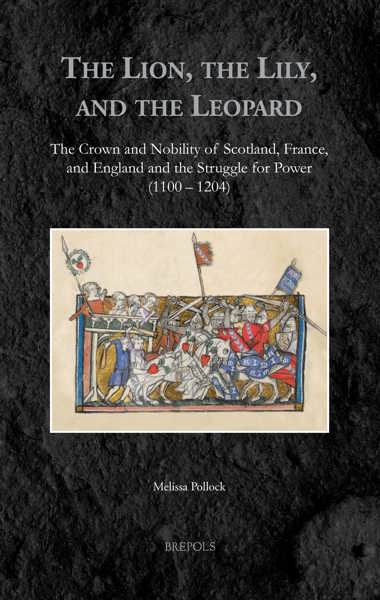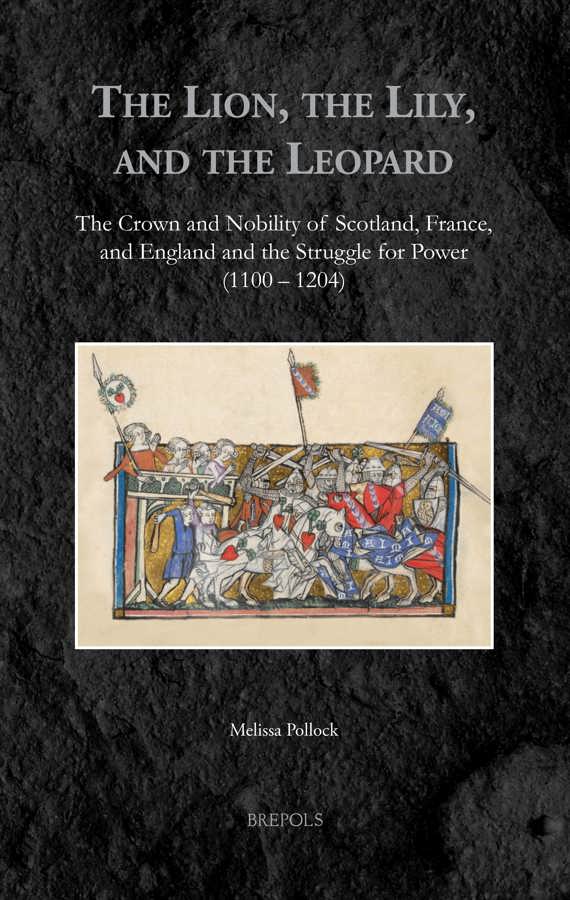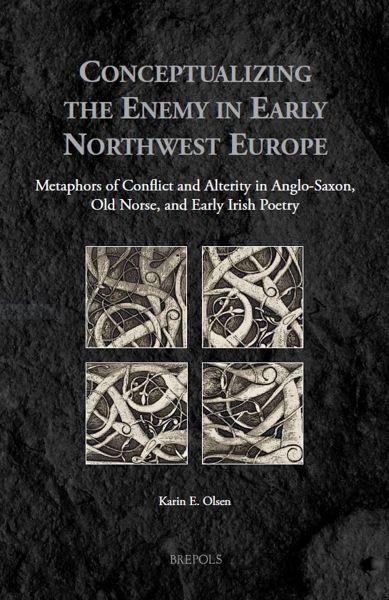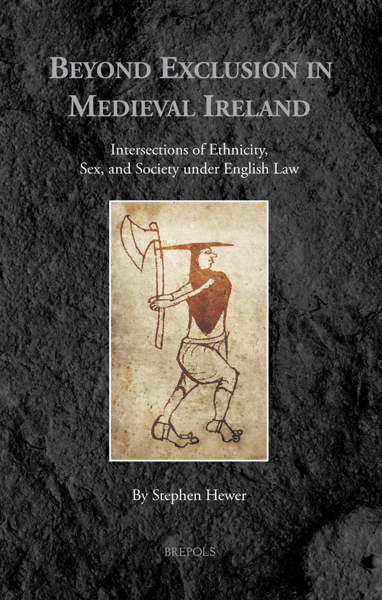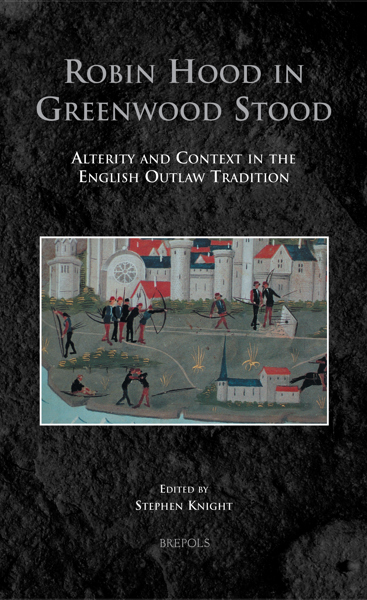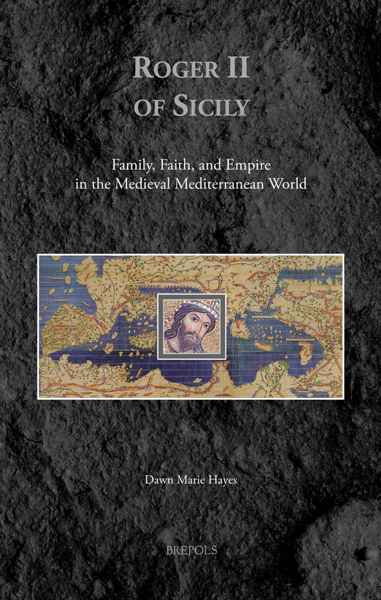
The Lion, the Lily, and the Leopard
The Crown and Nobility of Scotland, France, and England and the Struggle for Power (1100-1204)
Melissa Pollock
- Pages: x + 526 p.
- Size:156 x 234 mm
- Illustrations:4 maps
- Language(s):English
- Publication Year:2015
- € 145,00 EXCL. VAT RETAIL PRICE
- ISBN: 978-2-503-54040-5
- Hardback
- Available
- € 145,00 EXCL. VAT RETAIL PRICE
- ISBN: 978-2-503-56091-5
- E-book
- Available
This study explores the powerful bonds between the nobility of France, Scotland, and England and the evolving nature of a shared Anglo-French identity.
"The omnivorous enthusiasm for [the author's] subject is undeniable and she has things of interest to say." (David Crouch, in: The Medieval Review, 15.11.01)
"Overall, this is a fine book that meaningfully adds to our understanding of how lands and titles within the realms of Scotland, England, and France (and elsewhere) moved freely among noble families, tying them together into complex webs of political and marital relationships, which then influenced how those realms developed." (Craig M. Nakashian, in: H-France Review 16, March 2016, No. 41)
“Pollock has completed an enormous task in tracing and setting forth complex sets of relationships among the Anglo-Norman aristocracy. Their exposition (…) will, at the very least, be a wonderful resource for future scholars.” (Lindsay Diggelmann, in Parergon, 33/1, 2016, p. 243)
“The overwhelming impression The Lion, the Lily, and the Leopard leaves its readers with is that there is immense value in doing so, as well as a wealth of evidence available. (…) the ebbs and flows Pollock details in relationships between the rulers and nobility of England, Scotland, and France are crucial for understanding how kinship, patronage, lordship, and proximity networks could all influence the behavior of individuals and families in the Middle Ages.” (EMILY JOAN WARD, in Royal Studies Journal, IV, 2017, p. 43)
This book examines the relationship between and identities within the three kingdoms of Scotland, France, and England from c. 1100 until the crown of England lost Normandy, Anjou, Maine, and Touraine in 1204. Diplomatic and political relations were unique in the twelfth century because the three kingdoms were united by a ruling class that spanned the Channel. This aristocratic, Anglo-French structure beginning with the Norman invasion in 1066 disrupted and delayed the development of a unitary national identity within each of the three kingdoms. Men and women identified themselves with more than one royal overlord as long as they held fees of multiple kings and, as such, national identity was a moveable feast. This situation created a complex political web that often damaged consistent loyalty to any one king or overlord, as each member of a kin group changed alliances based on territorial threats and on the interests of their familial networks. Furthermore, alliances formed between families in the Anglo-French realm had a significant impact on political decision-making in Scotland because the Anglo-French Scots were intimately bound to this structure through their own kin networks and land bases. Significantly, this work dispels the prevailing myth that the Anglo-French who settled in Scotland did not see themselves as part of the cross-Channel world but as ‘Scots’ by the end of the twelfth century.
Introduction: Sources and Context
Chapter 1: Image and Identity
Chapter 2: The Scottish Marriage Market and the Continent
Chapter 3: The Scots and the War of Succession, 1135–53
Chapter 4: Identity Challenged: Restructuring and Change in the Three Kingdoms, 1154–73
Chapter 5: William the Lion and the Great War of 1173
Chapter 6: William, Henry, and the End of the Great War
Chapter 7: King William and King Richard
Chapter 8: The Loss of Normandy and the Three Kingdoms
Appendix
Bibliography
Index
